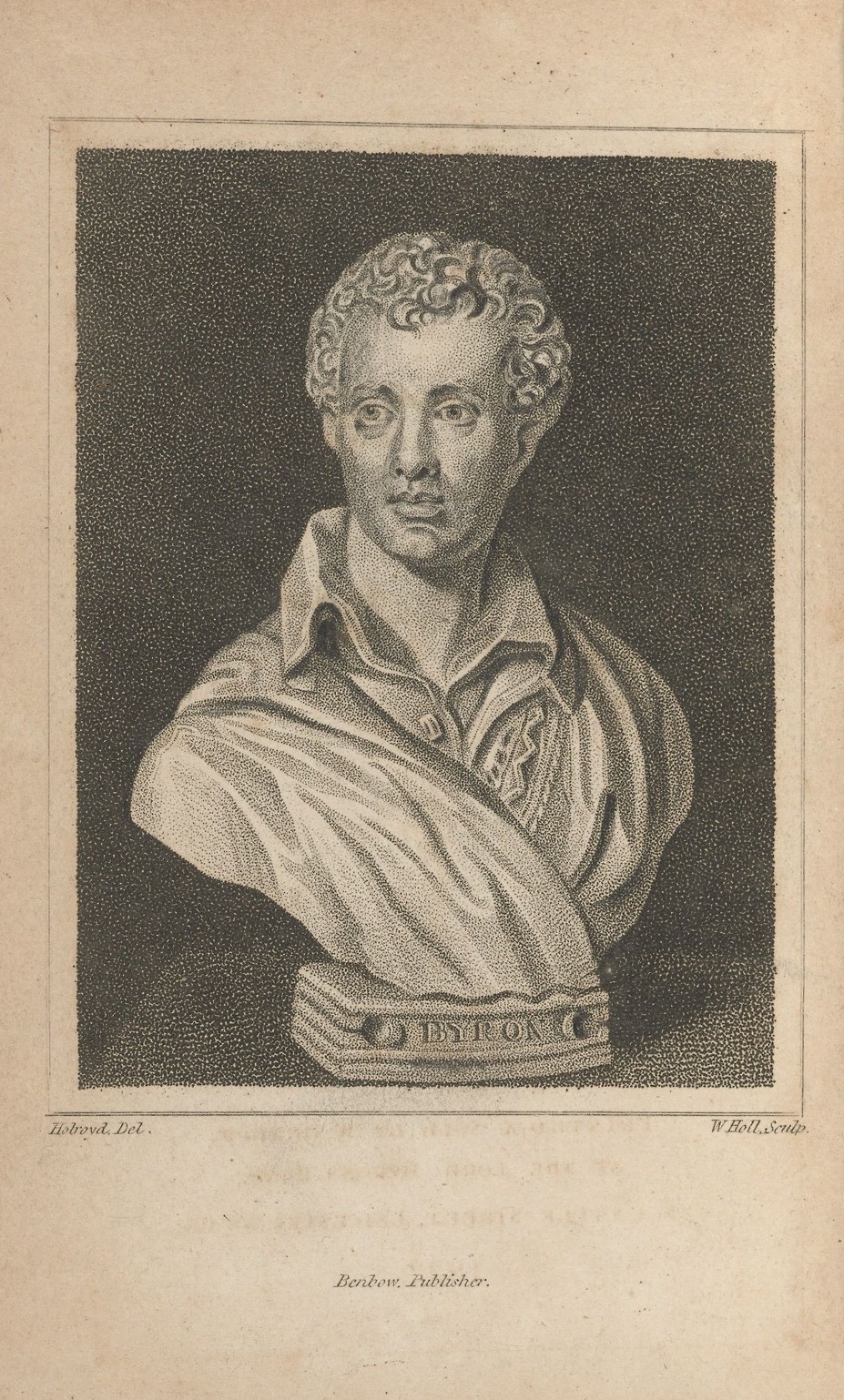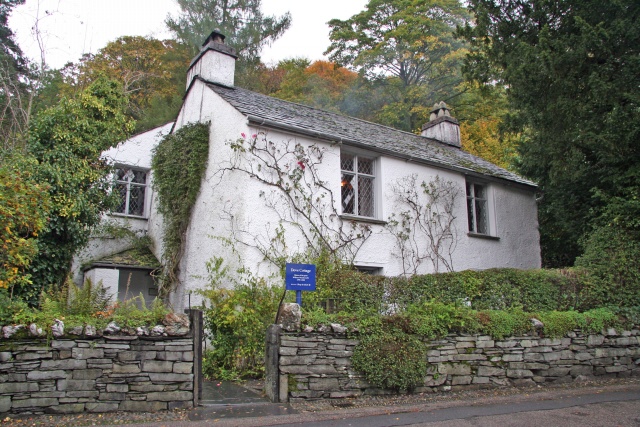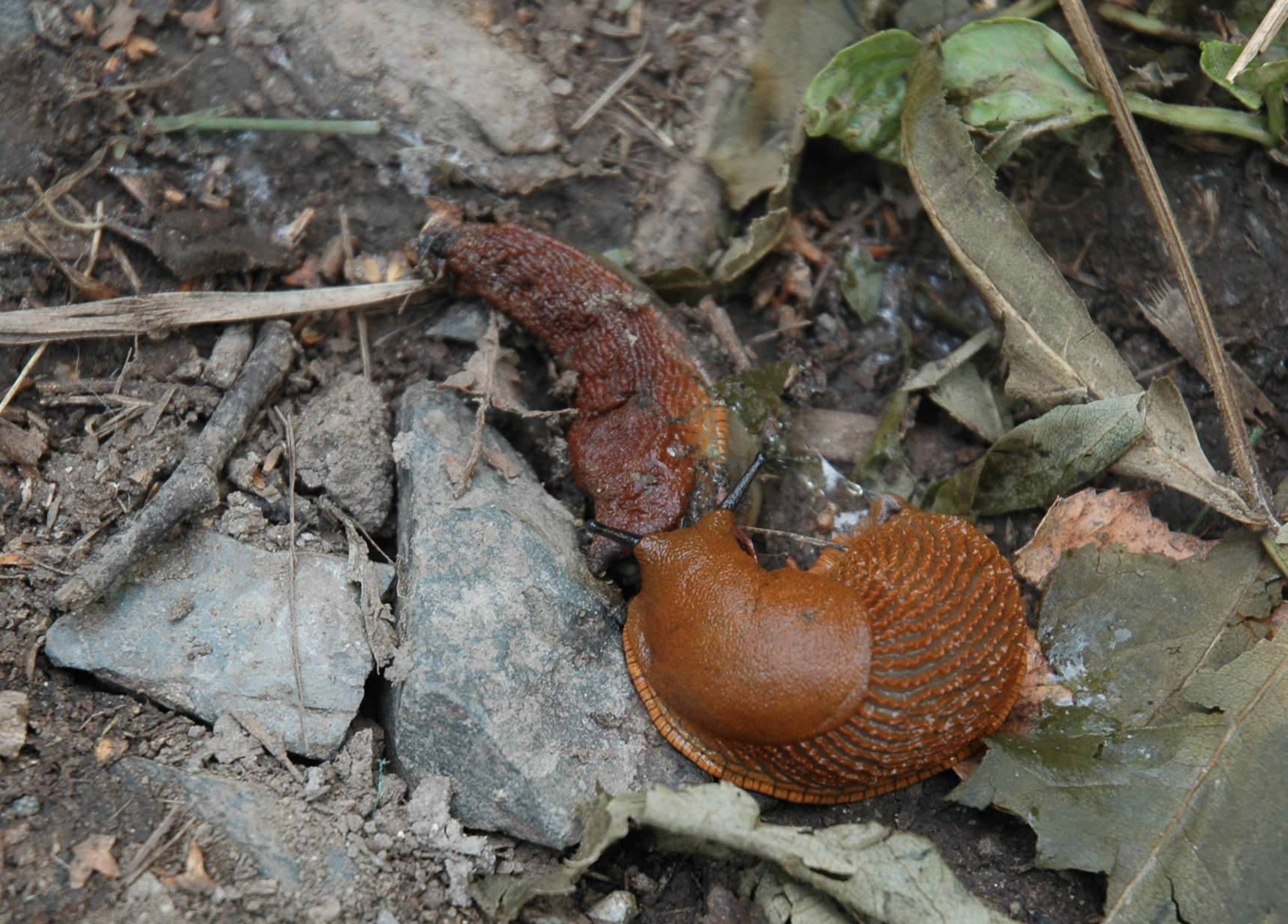|
Don Juan (Byron)
In English literature, ''Don Juan'' (1819–1824), by Lord Byron, is a satirical, epic poem that portrays the Spanish legend of Don Juan not as a womaniser, but as a man easily seduced by women.English 151-03 ''Byron's 'Don Juan' notes'' , Gregg A. Hecimovich As genre literature, ''Don Juan'' is an , written in '''' and presented in sixteen cantos. Lord Byron derived the character, but not the story, from the same Spanish legend. Upon publication in 1819, cantos I and II were criticised as immoral, because the author ... [...More Info...] [...Related Items...] OR: [Wikipedia] [Google] [Baidu] |
Lord Byron
George Gordon Byron, 6th Baron Byron (22 January 1788 – 19 April 1824), known simply as Lord Byron, was an English romantic poet and Peerage of the United Kingdom, peer. He was one of the leading figures of the Romantic movement, and has been regarded as among the greatest of English poets. Among his best-known works are the lengthy Narrative poem, narratives ''Don Juan (poem), Don Juan'' and ''Childe Harold's Pilgrimage''; many of his shorter lyrics in ''Hebrew Melodies'' also became popular. Byron was educated at Trinity College, Cambridge, later traveling extensively across Europe to places such as Italy, where he lived for seven years in Venice, Ravenna, and Pisa after he was forced to flee England due to lynching threats. During his stay in Italy, he frequently visited his friend and fellow poet Percy Bysshe Shelley. Later in life Byron joined the Greek War of Independence fighting the Ottoman Empire and died leading a campaign during that war, for which Greeks rev ... [...More Info...] [...Related Items...] OR: [Wikipedia] [Google] [Baidu] |
Orthography
An orthography is a set of conventions for writing a language, including norms of spelling, hyphenation, capitalization, word breaks, emphasis, and punctuation. Most transnational languages in the modern period have a writing system, and most of these systems have undergone substantial standardization, thus exhibiting less dialect variation than the spoken language. These processes can fossilize pronunciation patterns that are no longer routinely observed in speech (e.g., "would" and "should"); they can also reflect deliberate efforts to introduce variability for the sake of national identity, as seen in Noah Webster's efforts to introduce easily noticeable differences between American and British spelling (e.g., "honor" and "honour"). Some nations (e.g. France and Spain) have established language academies in an attempt to regulate orthography officially. For most languages (including English) however, there are no such authorities and a sense of 'correct' orthography e ... [...More Info...] [...Related Items...] OR: [Wikipedia] [Google] [Baidu] |
Lake Poets
The Lake Poets were a group of English poets who all lived in the Lake District of England, United Kingdom, in the first half of the nineteenth century. As a group, they followed no single "school" of thought or literary practice then known. They were named, only to be uniformly disparaged, by the ''Edinburgh Review''. They are considered part of the Romantic Movement. The three main figures of what has become known as the Lakes School were William Wordsworth, Samuel Taylor Coleridge, and Robert Southey. They were associated with several other poets and writers, including Dorothy Wordsworth, Charles Lamb, Mary Lamb, Charles Lloyd, Hartley Coleridge, John Wilson, and Thomas De Quincey. Origins and accuracy of the name The "Lake Poet School" (or 'Bards of the Lake', or the 'Lake School') was initially a derogatory term ("the School of whining and hypochondriacal poets that haunt the Lakes", according to Francis Jeffrey as reported by Coleridge) that was also a misnomer, as it was ... [...More Info...] [...Related Items...] OR: [Wikipedia] [Google] [Baidu] |
Greek War Of Independence
The Greek War of Independence, also known as the Greek Revolution or the Greek Revolution of 1821, was a successful war of independence by Greek revolutionaries against the Ottoman Empire between 1821 and 1829. The Greeks were later assisted by the British Empire, Kingdom of France, and the Russian Empire, while the Ottomans were aided by their North African vassals, particularly the eyalet of Egypt. The war led to the formation of modern Greece. The revolution is celebrated by Greeks around the world as independence day on 25 March. Greece, with the exception of the Ionian Islands, came under Ottoman rule in the 15th century, in the decades before and after the fall of Constantinople. During the following centuries, there were sporadic but unsuccessful Greek uprisings against Ottoman rule. In 1814, a secret organization called Filiki Eteria (Society of Friends) was founded with the aim of liberating Greece, encouraged by the revolutionary fervor gripping Europe in that ... [...More Info...] [...Related Items...] OR: [Wikipedia] [Google] [Baidu] |
Ottoman Empire
The Ottoman Empire, * ; is an archaic version. The definite article forms and were synonymous * and el, Оθωμανική Αυτοκρατορία, Othōmanikē Avtokratoria, label=none * info page on book at Martin Luther University) // CITED: p. 36 (PDF p. 38/338) also known as the Turkish Empire, was an empire that controlled much of Southeast Europe, Western Asia, and North Africa, Northern Africa between the 14th and early 20th centuries. It was founded at the end of the 13th century in northwestern Anatolia in the town of Söğüt (modern-day Bilecik Province) by the Turkoman (ethnonym), Turkoman tribal leader Osman I. After 1354, the Ottomans crossed into Europe and, with the Ottoman wars in Europe, conquest of the Balkans, the Ottoman Anatolian beyliks, beylik was transformed into a transcontinental empire. The Ottomans ended the Byzantine Empire with the Fall of Constantinople, conquest of Constantinople in 1453 by Mehmed the Conqueror. Under the reign of Sule ... [...More Info...] [...Related Items...] OR: [Wikipedia] [Google] [Baidu] |
Slavery
Slavery and enslavement are both the state and the condition of being a slave—someone forbidden to quit one's service for an enslaver, and who is treated by the enslaver as property. Slavery typically involves slaves being made to perform some form of work while also having their location or residence dictated by the enslaver. Many historical cases of enslavement occurred as a result of breaking the law, becoming indebted, or suffering a military defeat; other forms of slavery were instituted along demographic lines such as Racism, race. Slaves may be kept in bondage for life or for a fixed period of time, after which they would be Manumission, granted freedom. Although slavery is usually involuntary and involves coercion, there are also cases where people voluntary slavery, voluntarily enter into slavery to pay a debt or earn money due to poverty. In the course of human history, slavery was a typical feature of civilization, and was legal in most societies, but it is no ... [...More Info...] [...Related Items...] OR: [Wikipedia] [Google] [Baidu] |
Cyclades
The Cyclades (; el, Κυκλάδες, ) are an island group in the Aegean Sea, southeast of mainland Greece and a former administrative prefecture of Greece. They are one of the island groups which constitute the Aegean archipelago. The name refers to the islands ''around'' ("cyclic", κυκλάς) the sacred island of Delos. The largest island of the Cyclades is Naxos, however the most populated is Syros. History The significant Late Neolithic and Early Bronze Age Cycladic culture is best known for its schematic, flat sculptures carved out of the islands' pure white marble centuries before the great Middle Bronze Age Minoan civilization arose in Crete to the south. (These figures have been looted from burials to satisfy a thriving Cycladic antiquities market since the early 20th century.) A distinctive Neolithic culture amalgamating Anatolian and mainland Greek elements arose in the western Aegean before 4000 BCE, based on emmer and wild-type barley, sheep and goa ... [...More Info...] [...Related Items...] OR: [Wikipedia] [Google] [Baidu] |
Cannibalism
Cannibalism is the act of consuming another individual of the same species as food. Cannibalism is a common ecological interaction in the animal kingdom and has been recorded in more than 1,500 species. Human cannibalism is well documented, both in ancient and in recent times. The rate of cannibalism increases in nutritionally poor environments as individuals turn to members of their own species as an additional food source.Elgar, M.A. & Crespi, B.J. (1992) ''Cannibalism: ecology and evolution among diverse taxa'', Oxford University Press, Oxford ngland New York. Cannibalism regulates population numbers, whereby resources such as food, shelter and territory become more readily available with the decrease of potential competition. Although it may benefit the individual, it has been shown that the presence of cannibalism decreases the expected survival rate of the whole population and increases the risk of consuming a relative. Other negative effects may include the increased r ... [...More Info...] [...Related Items...] OR: [Wikipedia] [Google] [Baidu] |
Cádiz
Cádiz (, , ) is a city and port in southwestern Spain. It is the capital of the Province of Cádiz, one of eight that make up the autonomous community of Andalusia. Cádiz, one of the oldest continuously inhabited cities in Western Europe, was founded by the Phoenicians.Strabo, '' Geographica'' 3.5.5 In the 18th century, the Port in the Bay of Cádiz consolidated as the main harbor of mainland Spain, enjoying the virtual monopoly of trade with the Americas until 1778. It is also the site of the University of Cádiz. Situated on a narrow slice of land surrounded by the sea‚ Cádiz is, in most respects, a typically Andalusian city with well-preserved historical landmarks. The older part of Cádiz, within the remnants of the city walls, is commonly referred to as the Old Town (Spanish: ''Casco Antiguo''). It is characterized by the antiquity of its various quarters (''barrios''), among them ''El Pópulo'', ''La Viña'', and ''Santa María'', which present a marked con ... [...More Info...] [...Related Items...] OR: [Wikipedia] [Google] [Baidu] |
Don Juan Asleep On Haidée's Lap By Henry Scheffer
Don, don or DON and variants may refer to: Places *County Donegal, Ireland, Chapman code DON *Don (river), a river in European Russia *Don River (other), several other rivers with the name *Don, Benin, a town in Benin *Don, Dang, a village and hill station in Dang district, Gujarat, India *Don, Nord, a ''commune'' of the Nord ''département'' in northern France *Don, Tasmania, a small village on the Don River, located just outside Devonport, Tasmania *Don, Trentino, a commune in Trentino, Italy *Don, West Virginia, a community in the United States *Don Republic, a temporary state in 1918–1920 *Don Jail, a jail in Toronto, Canada People Role or title * Don (honorific), a Spanish, Portuguese, and Italian title, given as a mark of respect *Don, a crime boss, especially in the Mafia , ''Don Konisshi'' (コニッシー) *Don, a resident assistant at universities in Canada and the U.S. *University don, in British and Irish universities, especially at Oxford, Cambridge, St An ... [...More Info...] [...Related Items...] OR: [Wikipedia] [Google] [Baidu] |
Nunnery
A convent is a community of monks, nuns, religious brothers or, sisters or priests. Alternatively, ''convent'' means the building used by the community. The word is particularly used in the Catholic Church, Lutheran churches, and the Anglican Communion. Etymology and usage The term ''convent'' derives via Old French from Latin ''conventus'', perfect participle of the verb ''convenio'', meaning "to convene, to come together". It was first used in this sense when the eremitical life began to be combined with the cenobitical. The original reference was to the gathering of mendicants who spent much of their time travelling. Technically, a monastery is a secluded community of monastics, whereas a friary or convent is a community of mendicants (which, by contrast, might be located in a city), and a canonry is a community of canons regular. The terms abbey and priory can be applied to both monasteries and canonries; an abbey is headed by an abbot, and a priory is a lesser dependent ... [...More Info...] [...Related Items...] OR: [Wikipedia] [Google] [Baidu] |
Morality
Morality () is the differentiation of intentions, decisions and actions between those that are distinguished as proper (right) and those that are improper (wrong). Morality can be a body of standards or principles derived from a code of conduct from a particular philosophy, religion or culture, or it can derive from a standard that a person believes should be universal. Morality may also be specifically synonymous with " goodness" or "rightness". Moral philosophy includes meta-ethics, which studies abstract issues such as moral ontology and moral epistemology, and normative ethics, which studies more concrete systems of moral decision-making such as deontological ethics and consequentialism. An example of normative ethical philosophy is the Golden Rule, which states: "One should treat others as one would like others to treat oneself." Immorality is the active opposition to morality (i.e. opposition to that which is good or right), while amorality is variously defined ... [...More Info...] [...Related Items...] OR: [Wikipedia] [Google] [Baidu] |






